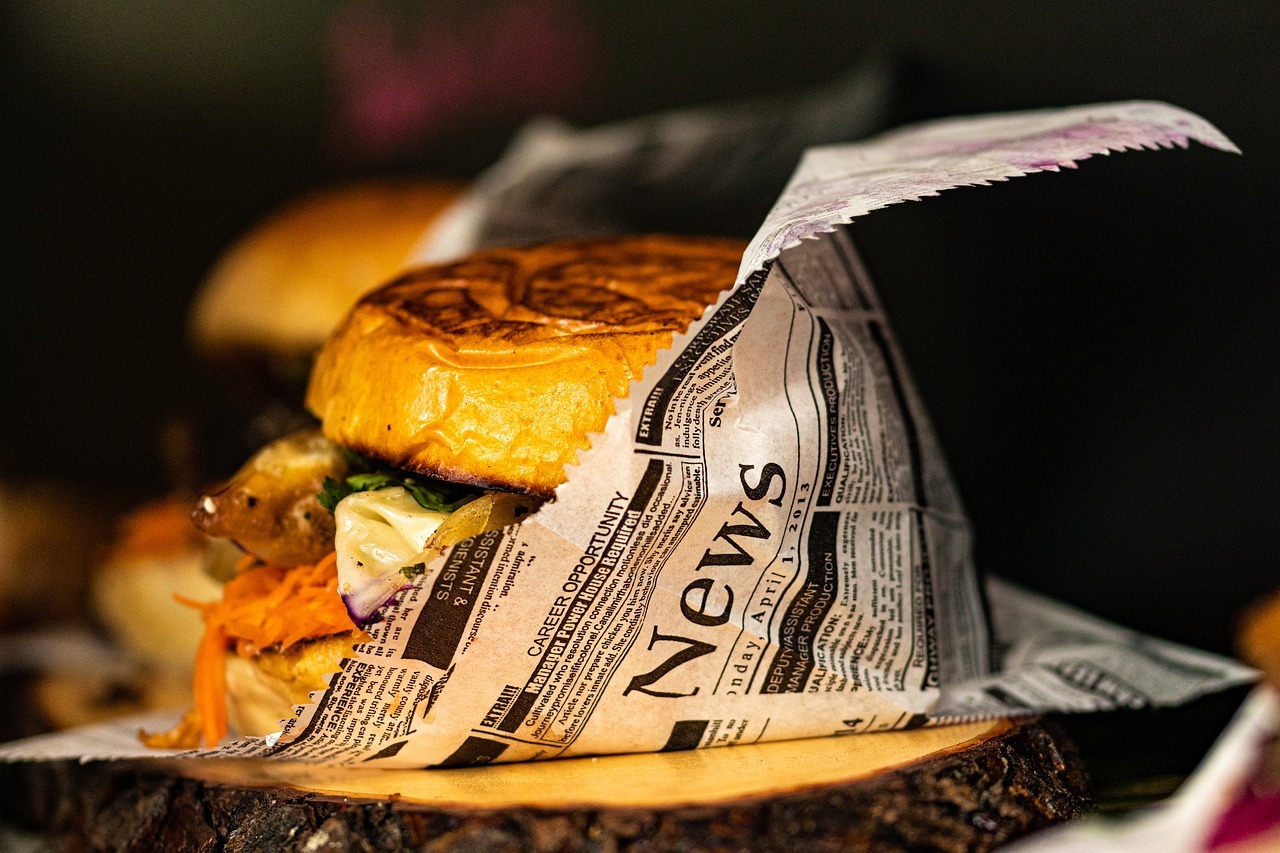In July 2020, the Food Safety and Standards Authority of India released a draft notification on the labelling and nomenclature of dairy analogues. If introduced the notification will have serious implications for the plant based dairy industry. This blogpost highlights a representation submitted by Ikigai Law along with the Good Food Institute as a response to the draft notification.
On 29 July 2020, the Food Safety and Standards Authority of India (“FSSAI“) issued a draft notification titled the Food Safety and Standards (Food Products Standards and Food Additives) Amendment Regulations, 2020 (“Draft Notification”).1
The Draft Notification proposes a ban on the use of ‘dairy terms’2 or terms phonetically similar for ‘dairy analogue’3 products. Dairy analogues have been defined broadly: plant-based almond milk, oat milk, and plant-based yogurt, cheese, and butter, may be considered dairy analogues. The FSSAI had sought comments on the draft notification.
Ikigai Law and the Good Food Institute India submitted a joint representation to the FSSAI, setting out factual and legal grounds advocating for fair labelling of plant-based dairy products.
Our comments to the Draft Notification may be accessed here . Our comments in brief are:
- The FSSAI’s regulatory framework must give due recognition to plant-based milk products, and allow the existing naming conventions followed by the industry to continue, such as using compound names (like ‘almond milk’), or use of qualifiers like ‘plant-based’ along with dairy terms.
- The Draft Notification defines ‘dairy analogue’ as an ‘imitation product’. Plant-based milk products are distinct products, which have their own characteristics and are not meant to deceive consumers.
- An absolute ban on the usage of dairy terms with additional qualifiers for plant-based milk products would be discriminatory, as other product categories are allowed to use the term ‘milk’ or ‘butter’. For instance, the FSSAI has identified ‘coconut milk’ and ‘peanut butter’ as separate product categories.
- Plant-based milk products have been recognized as a distinct product category in prominent jurisdictions such as the United States of America and the European Union. Further, the use of compound names and qualifiers has become an accepted practice to differentiate plant-based milk products from animal-derived dairy.
References:
1Food Safety and Standards (Food Products Standards and Food Additives) Amendment Regulations, 2020; Draft_Notification_Dairy_Analogue_30_07_2020.pdf (fssai.gov.in)
2 “Dairy terms” means names, designations, symbols, pictorial or other devices which refer to or are suggestive, directly or indirectly, of milk or milk products, Clause 2.1.1.1(c), Food Safety and Standards (Food Products Standards and Food Additives) Regulations, 2011; https://www.fssai.gov.in/upload/uploadfiles/files/Compendium_Food_Additives_Regulations_08_09_2020-compressed.pdf
3The Draft Notification defines ‘dairy analogue’ as “an imitation product that is designed or structured to mimic, or offered as an alternative/replacement to, a milk or milk product or composite milk product as defined in these regulations by partial or full substitution of selected milk components with other components from non-dairy sources,or prepared by using non-dairy ingredient(s) exclusively or in combination with dairy ingredients.”
This representation has been co-authored by the teams at the Ikigai Law and the Good Food Institute India.
For more on the topic, please feel free to reach out to us at contact@ikigailaw.com
Image credits: “Soy Milk” by Kjokkenutstyr.net, licensed with CC BY-SA 2.0. To view a copy of this license, visit https://creativecommons.org/licenses/by-sa/2.0/









